detail profile walter steinbeck
Peran Yang Di Mainkan Walter Steinbeck
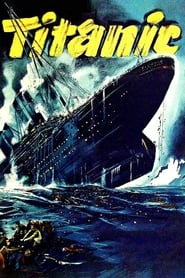 In 1912 the Titanic embarks on its...
In 1912 the Titanic embarks on its...Titanic 1943
In 1912, the Titanic embarks on its inevitable collision course with history. In the wake of the over-spending required to build the largest luxury ship in the world, White Star Line executive Sir Bruce Ismay schemes to reverse the direction of his company's plummeting stock value. Onboard the Titanic, brave German 1st Officer Petersen struggles to convince his self-important British superiors not to overexert the ship's engines.
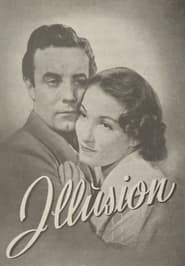 Melodrama about an actress falling in...
Melodrama about an actress falling in...Illusion 1941
Melodrama about an actress falling in love with a man who wants her to give up her job.
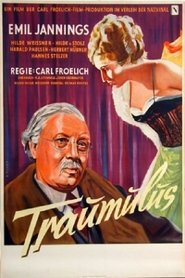 This film is a fascinating showcase...
This film is a fascinating showcase...Traumulus 1936
This film is a fascinating showcase for Emil Janning's theatrical play. He's a gentle school teacher who believes in his boys and is easily fooled about all things, while the other town officials want him dismissed. Curiously it's very hard to see what the film is exactly aiming for. Disaster strikes and the lax prof proves to be too far removed of the real problems of the world, on the other hand his enemies are shown in the most unsympathetic, satirical way denouncing the militaristic, bourgeois ideology of the Kaiserreich.
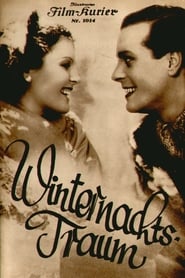 The wintry mountainscapes of Bavaria provide...
The wintry mountainscapes of Bavaria provide...Winter Night's Dream 1935
The wintry mountainscapes of Bavaria provide the backdrop for this airy German comedy. The story is set in motion when young clerk Boenecke (Richard Romanowsky) accidentally delivers a check to the wrong bank. Boenecke's boss Schumann (Walter Steinbeck) suspects the clerk of embezzlement -- especially since our hero has taken off on an extended Alpine vacation with his sweetheart Hilde (Magda Schneider). Before this comic chain reaction can be straightened out, hero and heroine have become entangled with a gang of female pickpockets. Essentially a "moonlight and strudel" confection, Winterachtstraum was perfect escapist entertainment for Magda Schneider's legions of fans.
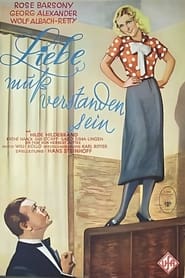 The stenotypist Margit is supposed to...
The stenotypist Margit is supposed to...Liebe muss verstanden sein 1933
The stenotypist Margit is supposed to take 3,000 Marks to the bank for her boss, Mr. Plaumann, but she lazes away the time window-shopping, and eventually stands before a closed door. She follows Plaumann to Dresden, where he, believing the money is deposited in a bank as a down payment, wants to purchase a newfangled remote control from the inventor Lambach. Since Plaumann’s car breaks down on the road, Margit arrives before him and rests in the seemingly empty hotel room which later turns out to be Lambach’s. Meanwhile, Lambach himself is being spied on by the jealous cousin of his fiancée, who can’t wait to catch him in the act…
 Vienna in the beginning of the...
Vienna in the beginning of the...Liebelei 1933
Vienna in the beginning of the twentieth century. Cavalry Lieutenant Fritz Lobheimer is about to end his affair with Baroness Eggerdorff when he meets the young Christine, the daughter of an opera violinist. Baron Eggerdorff however soon hears of his past misfortune...
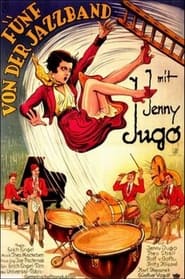 By pure chance Jessie and his...
By pure chance Jessie and his...Five from the Jazzband 1932
By pure chance, Jessie and his four jazz musicians are hired to play at the cabaret theatre “Trocadero”. Unfortunately, she knows nothing about music and it doesn’t help that all four musicians are in love with her. Jessie doesn’t reciprocate their feelings, because she has a thing for Martin. Unfortunately, Martin believes that Jessie stole his car … and so, right before the premiere at the cabaret, she ends up in jail.
 This is a real curiosity at...
This is a real curiosity at...The Great Passion 1930
This is a real curiosity; at best a reasonable film, but also a charming little gem. There is a story (in the line of "A Star is Born"), but this merely serves as an excuse, as it is more importantly a kind of moving encyclopedia of about 35 stars making their debut in a talkie (although some of them had already made one talkie), of the technical sound possibilities and of film making. Besides all that, it is entertaining and sometimes hilarious and it has fine one-liners that split my side. The film is also remarkable for making mock of typical German film genres (like the overly sweet romances involving the military), of too heavy acting and of film making in general. I have to mention this one: a short, hysterically funny parody of "Der blaue Engel". What this film in fact says is: do not take any film too seriously. (J. Steed)
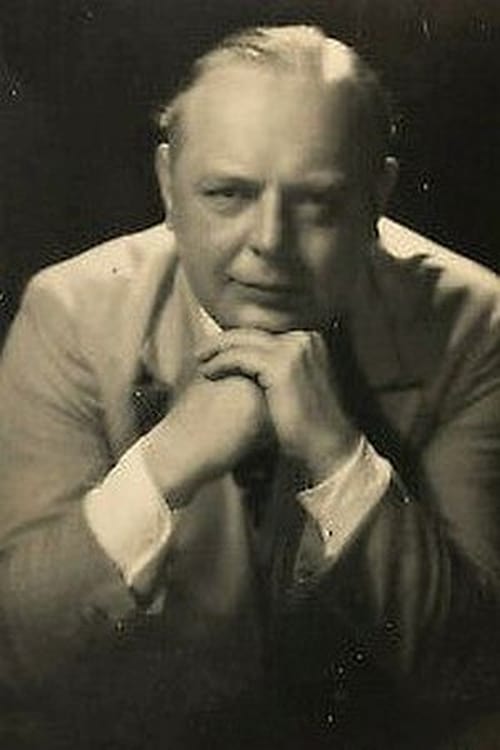
 An operetta directed by Herbert Maisch
An operetta directed by Herbert Maisch
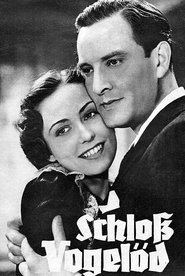 Remake of the silent film of 1921...
Remake of the silent film of 1921...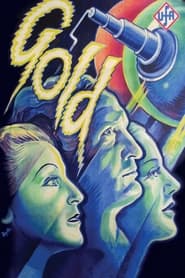 Using an atomic reactor two scientists...
Using an atomic reactor two scientists...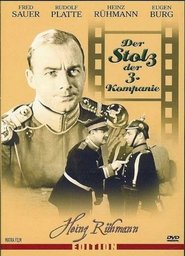 The adventures of smart soldier Gustav...
The adventures of smart soldier Gustav...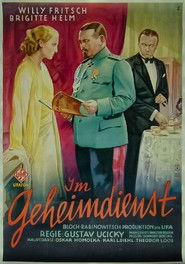 During WWI a German agent receives...
During WWI a German agent receives...